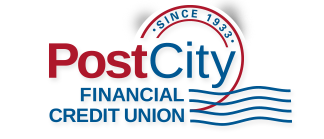Copyright © 2024 PostCity Financial Credit Union. All rights reserved.
Preventing Identity Theft
Top Tips to Prevent Identity Theft
An identity thief takes your personal information and uses it without your knowledge. The thief may run up debts or even commit crimes in your name. The following tips can help you lower your risk of becoming a victim.
- Protect your Social Security number. Don't carry your Social Security card in your wallet. If your health plan (other than Medicare) or another card uses your Social Security number, ask the company for a different number.
- Know how to spot a phishy email. Scam artists "phish" for victims by pretending to be banks, department stores or government agencies. They do this over the phone, through emails and by regular mail. Do not respond to any request to verify your account number or password. Legitimate companies do not request this kind of information in this way.
- Create strong passwords. Use different passwords for all your accounts. Make those passwords strong using at least eight characters, including a mix of letters, numbers and symbols. Hide them safely and keep them handy.
- Don't share too much information on social networks. Personal information you may share on social networks (your home or email address, children's names, birth dates, etc.) can be used by tech-savvy thieves for scams, phishing and account theft.
- Protect your personal information on your computers and Smartphones. Use strong passwords. Use firewall, virus and spyware protection software, and update it regularly. Only download free software from sites you know and trust. Set your browser security to at least "medium". DO NOT click on links in pop-up windows or in spam email.
- Use caution when shopping online. Check out a Web site before entering your credit card number or other personal information. Read the privacy policy and look for opportunities to opt out of information sharing. Only enter personal information on secure Web pages with "https" in the address bar and a padlock symbol in the browser window.
- Check your statements as soon as you receive them. Open your credit card bills and financial statements right away. Check carefully for any unauthorized charges or withdrawals, and report them immediately. Call your financial institution, if your statements don't arrive on time. It may mean someone has changed your contact information to hide fraudulent charges or withdrawals.
- Check your credit reports regularly. You can get one free credit report every year from each of the three national credit bureaus: Equifax, Experian and TransUnion.
- Ask questions. Don't be afraid to ask questions when a business or agency asks for your personal information. Ask how the information will be used and shared, and how it will be protected. If you're not satisfied with the answers, consider taking your business elsewhere.
Learn what to do if you are a victim of identity theft.


